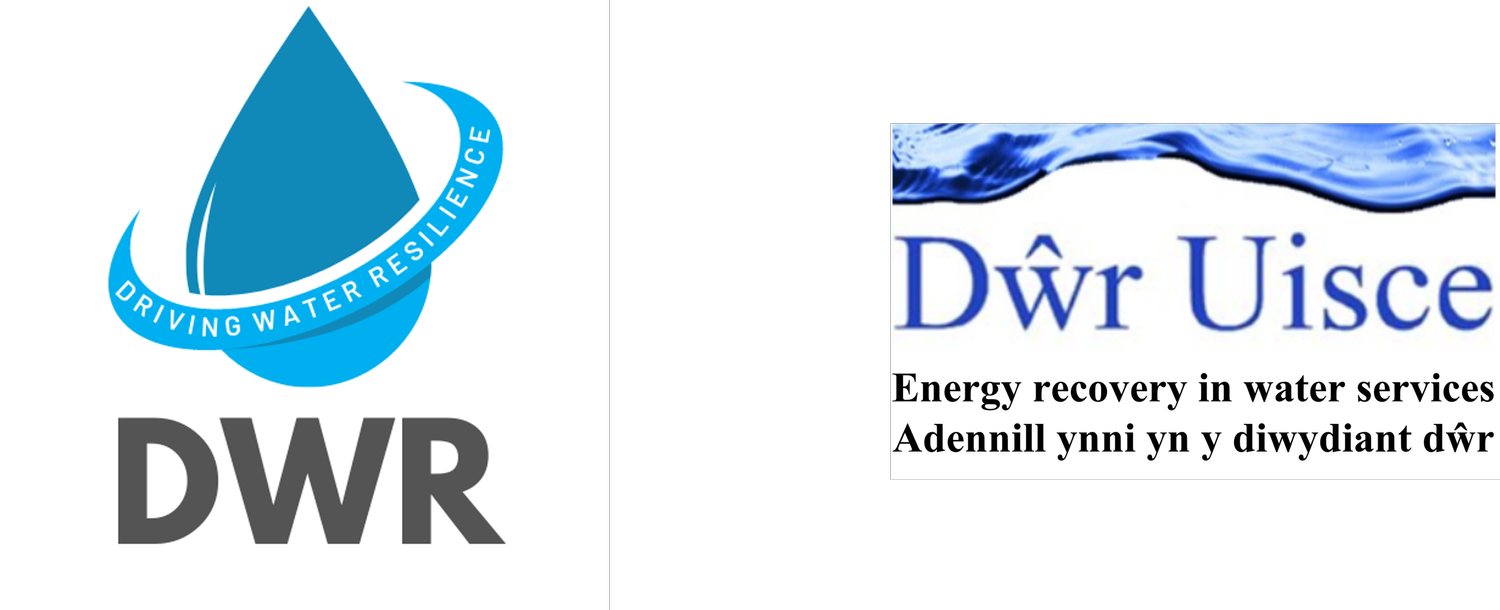Roberta Bellini and Aisha Bello-Dambatta
Engaging young people during their summer break by sharing research findings while stimulating their creativity and fostering activism to combat climate change can sound like a day-dreaming objective. But when you put together over three hours passionate young people, enthusiastic academics and researchers, the outcome may positively surprise you: they can collaborate on practical solutions to raise awareness on the climate action potential of being more water efficient.
Last month, the Dŵr Uisce Team decided to host a Climate Action Hackathon aimed at young environmental activists from ECOUNESCO. Hackathons began as gatherings of data scientists, software developers, business people who worked collaboratively over a short period of time to produce a piece of software or hardware for a specific purpose. This format has proven very effective to drive innovation. In recent times, it has been used in many different fields to bring together citizens, academics, professionals and experts, to innovate and find solutions to pressing societal issues. Hackathons are inclusive, challenging, and a great opportunity for sharing knowledge, learning from others and feeling united on a common objective.
The Dŵr Uisce team designed and facilitated the Climate Action Hackathon to challenge young people aged 15-17 to explore the water-energy nexus. The objective was to find practical solutions to reduce water use; the associated energy required to provide, treat and use the water in society; and the amount of GHG emitted. In other words, it was a call to plan for climate action and raise awareness about the positive impacts of water-energy use efficiencies.
The event took place on June 29th and 30th 2021 as an online Microsoft Teams event. The one hour-long pre-event meeting on the first day was a briefing session to frame the problem. It was also an opportunity for the young participants to ask questions about the Dŵr Uisce project, interdisciplinary research, and the water-energy nexus. The Dŵr Uisce team members used polls to assess participant prior knowledge and understanding of the problem, of our project and their expectations from the event. The hackathon itself took place on Wednesday June 30th 2021. It was a highly paced event, with lively interaction, Q&A, feedback and, most of all, a fabulous outcome: great actionable ideas to encourage citizens to be more water efficient in their daily lives.
Two teams of young people took part to the event, and all the participants were involved actively in peer-education for sustainable development programmes with ECO-UNESCO.
They were familiar already with concepts such as climate action projects and how to plan for them. Both teams thought of developing an app as a tool to raise awareness about the importance of saving water, energy, money, and emissions; and to encourage citizens to adopt resource-efficient behaviours to take climate action.
The first team proposed the EireUisce app, which was imagined as linked to household water meters to help users to track their usage, get rewards for saving water and information about the importance of saving water in a climate action context. The young team proposed opportunities to incentivise communities to be more water efficient including setting up a competition, similar to Tidy Towns, to crown the most water efficient Irish town.
The second team proposed the Water Usage Rating app, which was based on the novel idea (for Ireland) of a water rating system for appliances and buildings. The objective was to make citizens aware of how much water is used in households by washing machines, garden tools and water fittings in buildings. The focus was on empowering citizens, as app users, to make resource-efficient choices.
All of the young participants worked energetically and displayed great skills and abilities in team working, critical thinking and in taking a holistic approach to problem solving. Both apps have huge potential to be further developed and the majority of the young participants were keen to take the ideas forward in collaboration with the Dŵr Uisce team. In truth, the Dŵr Uisce team was “blown away” by the outcome of the Hackathon. We all were impressed by the enthusiasm, skills and positive can-do attitude in evidence. As a result of attending the event, the young participants, as activists, felt that their understanding of water-energy efficiency and consequences on the climate crisis increased.
For the Dŵr Uisce team, the event was a success both for the level of engagement, the learning and awareness realised, and the link established with young people. They are now part of our network of stakeholders. From a science communication and educational point of view, the format of a hackathon was a great fit to our Dŵr Uisce project purpose as it delivered on a number of aspects: firstly it centred the focus of the event on the young participants rather than on the project; secondly it facilitated interaction and collaboration among young peers as well as with academic researchers and professors in an informal atmosphere; thirdly it gave us the opportunity to gauge the level of interest in what we do and how the Dŵr Uisce project work is understood and applied by a non-academic audience; and lastly it challenged participants’ creativity to come up with a practical solution in a short amount of time that could have far reaching impacts.
We are planning to roll out the Climate Action Hackathon to second level schools in Ireland and Wales, to reach out to more young people and raise awareness on the climate action potential linked to water-energy efficiency.
If you are interested in having your students participate in this, please contact Roberta Bellini bellinir@tcd.ie for more information.
We take this opportunity to thank Doireann and Dunchadh and all the young activists from ECO-UNESCO for their energetic participation.
